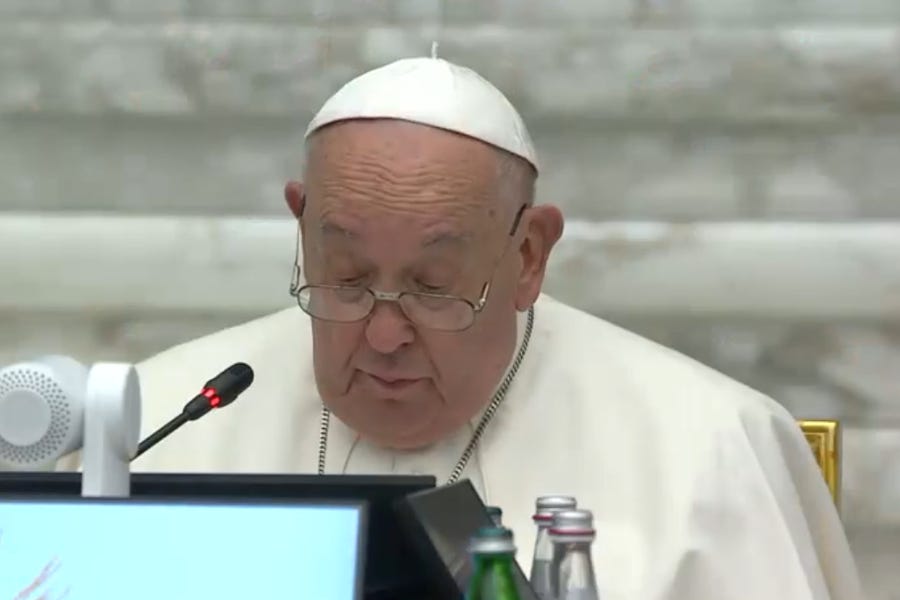Pope Francis ‘adopts’ final synodal document
The pope said the text ‘can be a guide for the mission of the Churches.’
The synod on synodality released its final document Saturday at the end of its second month-long session in Rome, calling for increased lay participation in Church decision-making processes.

